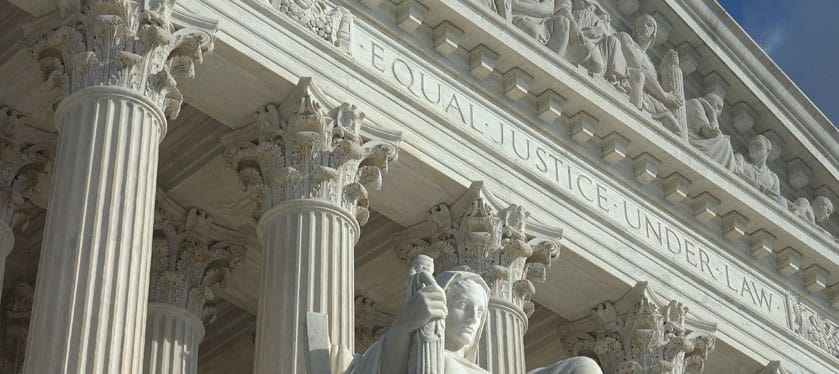U.S. Supreme Court Issues Unanimous Opinion On Special Education Legal Standard

On March 22, 2017, the U.S. Supreme Court issued a unanimous decision in Endrew F. v. Douglas County School District regarding the appropriate level of educational benefit that school districts must confer on children with disabilities to provide them with the free appropriate public education (“FAPE”) under the Individuals with Disabilities Education Act (“IDEA”).
Thirty-five years ago, the Supreme Court issued the landmark Rowley decision, which interpreted the IDEA’s FAPE requirement to mean that Individualized Education Programs (“IEPs”) must be reasonably calculated to provide “some educational benefit” to students with disabilities. Until the Endrew F. decision, the Supreme Court had not directly revisited the standard in Rowley or addressed what level of benefit was required for an IEP to be deemed “appropriate” under the IDEA. This lack of guidance resulted in a split among circuit courts regarding what exactly was required, with several lower federal courts concluding that a benefit that is “merely more than de minimis” is sufficient and others utilizing a more rigorous standard.
In Endrew F., the two parties argued starkly different positions on what the standard should be – with the parents interpreting FAPE to mean “opportunities to achieve academic success, attain self-sufficiency, and contribute to society that are substantially equal to the opportunities afforded children without disabilities” and the school arguing that a FAPE meant “some educational benefit” or ”merely more than de minimis.” The Supreme Court ultimately rejected both positions and decided on a middle-ground approach.
The Endrew F. Court reiterated the standard used in Rowley – that, for various students, a FAPE requires that an IEP be reasonably calculated to permit advancement through the general education curriculum and to enable the child to “achieve advancement from grade to grade.” The Endrew F. Court, however, acknowledged that this standard was not reasonable for all children with disabilities. The Court ruled that in order for a school to meet the substantive obligation under the IDEA, the “educational program must be appropriately ambitious in light of the child’s circumstances.” The Supreme Court declined to adopt a bright-line test and stated that “the adequacy of a given IEP turns on the unique circumstances of the child for whom it was created.” The Court recognized that the FAPE standard is “markedly more demanding than the ‘merely more than de minimis’ test.” The Court rejected the idea that students with special needs – including those with the greatest needs – are only entitled to services designed to help them achieve the bare minimum amount of progress.
For more information, please feel free to contact one of our Education Lawyers.





